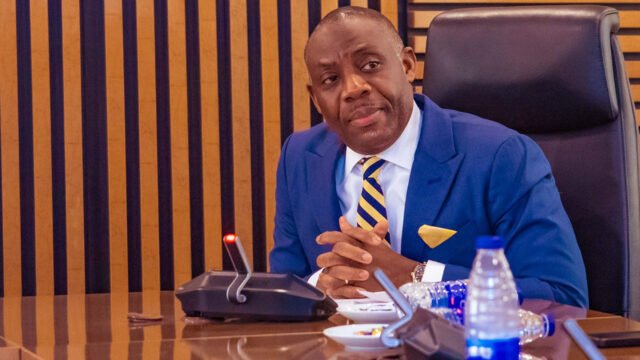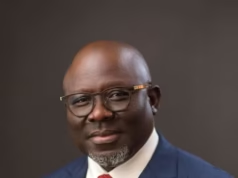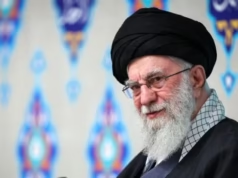The Federal Ministry of Education has firmly dismissed circulating media reports suggesting that the minimum age for enrolment into Junior Secondary School 1 (JSS1) has been increased to 12. In a direct and unequivocal statement, the ministry insisted that no such policy change exists and reasserted that the official minimum remains 10 years of age.
Table of Contents
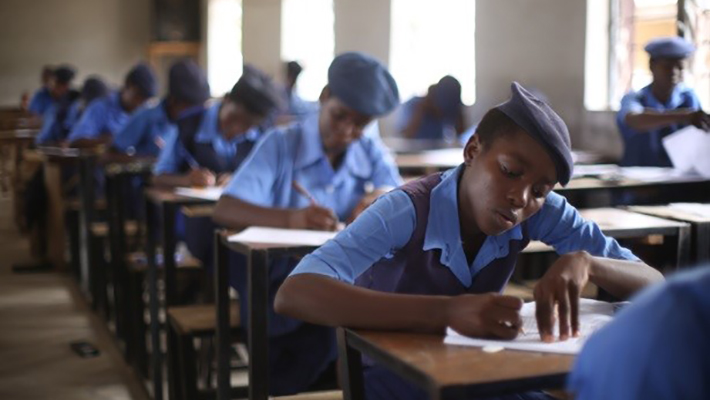
Policy Misreporting Amid Conflicting Claims
Earlier reports claimed that new regulatory guidelines, particularly those targeting non-state schools, included a mandate that pupils complete six years of primary education and only enter JSS1 at age 12. These reports referenced a 2013 edition of Nigeria’s National Policy on Education, which outlines a nine‑year basic education cycle—three years of early childhood education, six years of primary education, and then three years in JSS.
However, the Ministry clarified that no new age‑based progression policy has been issued or approved, urging the public and all stakeholders to ignore such claims.
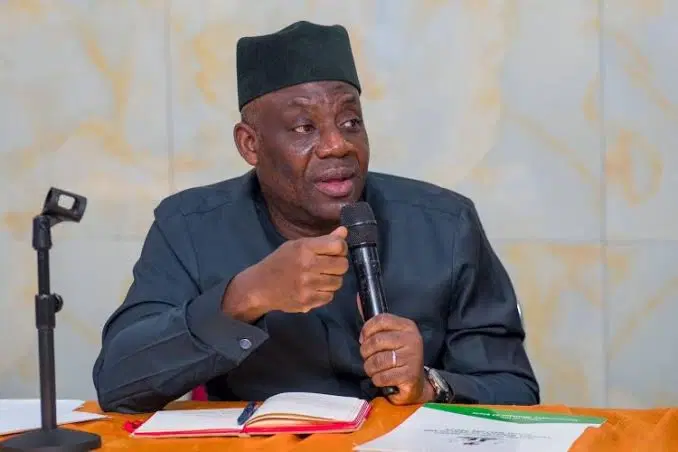
Official Statement from the Ministry
Signed by Director of Press and Public Relations, Boriowo Folasade, the statement categorically declared: “For the avoidance of doubt, the minimum age for admission into JSS1 remains 10 years. Accordingly, no child should complete primary education below the age of 10. Any suggestion to the contrary is misleading.” The ministry also emphasised that the purported age condition “did not emanate from any official source, and does not reflect government policy.”
University Admission Age Remains Unchanged
The Ministry also reaffirmed that the minimum entry age for Nigerian universities remains 16 years, as reiterated by Education Minister Dr Maruf Tunji Alausa. This benchmark, the ministry explained, is essential for ensuring students’ cognitive and emotional readiness before engaging in higher academic studies.
Why the Confusion?
Several outlets, including Punch and Business Elites Africa, reported that a directive from the Ministry had fixed 12 years as the minimum age for JSS1 admission, allegedly as part of efforts to standardise school entry across both public and private sectors. These reports may be drawing from the National Policy on Education guidelines, which reference theoretical progression ages. But the Ministry stressed that these guideline ages are not policy mandates, reaffirming that no policy document currently binds schools to them.
Ministry’s Call for Responsible Reporting
In its closing remarks, the Ministry urged media organizations, educational institutions, and the general public to rely on official communications before circulating or acting on information, especially concerning sensitive issues like education standards. The Ministry reaffirmed its commitment to transparency and adherence to the Renewed Hope Agenda in policy implementation.
Context & Implications
Actual Policy vs. Misreported Claims
Although the National Policy on Education suggests children begin Primary One at age 6, and might theoretically progress to JSS1 around age 12, that schedule is not enforced as a mandatory policy. The Ministry’s statement reasserts that finishing primary education at age 10 or older is the current requirement, preserving flexibility based on actual school progression speed.
Why Age Standards Matter
Age-based entry rules are designed to align students’ developmental readiness with academic demands, ensuring they’re cognitively and emotionally capable of secondary education and eventual university entry. The reaffirmed minimum university age of 16 years supports this timeline and aims at holistic student preparedness.
Risk of Misinformation
Reacting swiftly to persistent claims about the new 12-year entry rule, the Ministry’s messaging underscores the dangers of unverified reporting. Institutions and families were encouraged to verify through official channels, preventing disruptive policy myths from misguiding decisions.
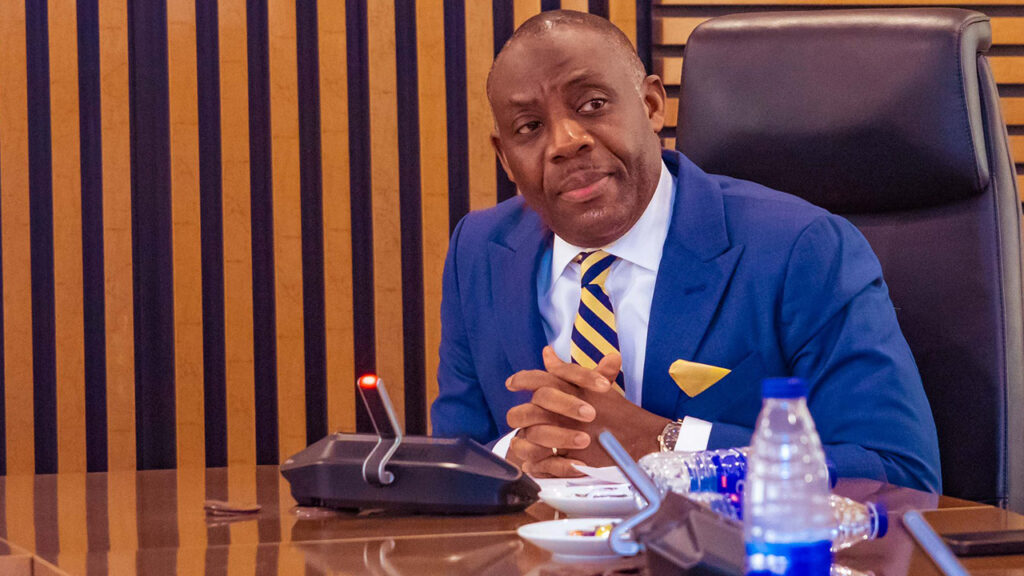
Summary Table
| Claim | Reality (as confirmed by FG) |
|---|---|
| The minimum age for university admission is 16 years | False — remains at 10 years |
| Child must be at least 12 before entering JSS1 | No governmental policy backs this claim |
| Minimum age for university admission is 16 years | True — reaffirmed as consistent, non‑negotiable |
Editorial Perspective
The Federal Ministry of Education’s response serves as an important example of responsible governance and public clarity. When misinformation circulates—whether due to misinterpretation of policy documents or speculative journalism—the swift correction can preserve trust and prevent confusion among families, educators, and students.
While policy frameworks like the National Policy on Education suggest a structured age progression, only officially approved policy statements are binding. Nigeria’s education officials reinforced that no such revision has been enacted regarding JSS1 admission age.
Families and stakeholders should take away that, as of July 25, 2025, the minimum allowed age for JSS1 remains 10, and the minimum for university entry remains 16. Education providers and media organisations are advised to defer to official releases from the Ministry before drawing conclusions or advising actions.
Join Our Social Media Channels:
WhatsApp: NaijaEyes
Facebook: NaijaEyes
Twitter: NaijaEyes
Instagram: NaijaEyes
TikTok: NaijaEyes
READ THE LATEST EDUCATION NEWS


